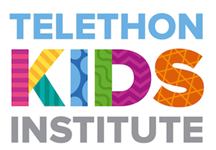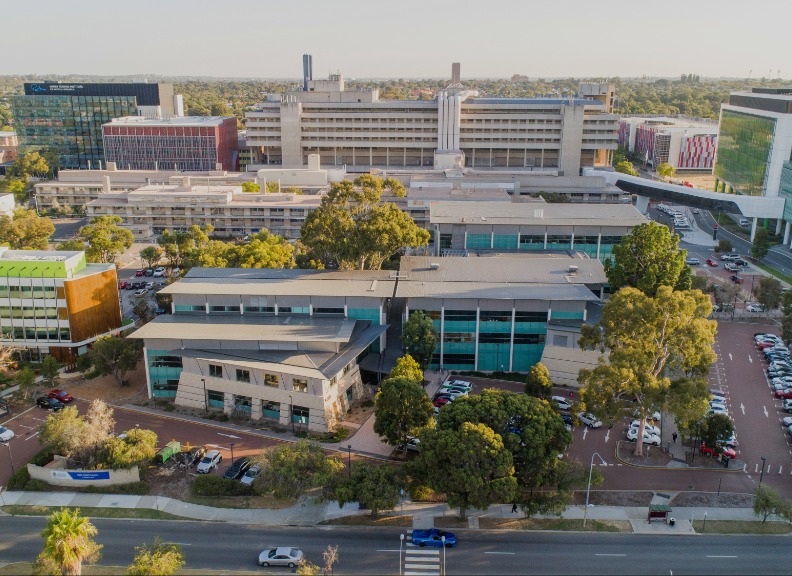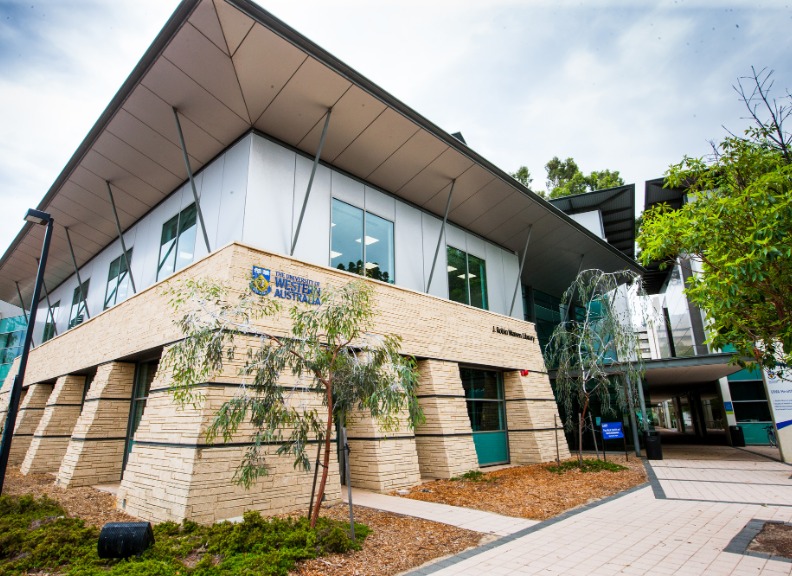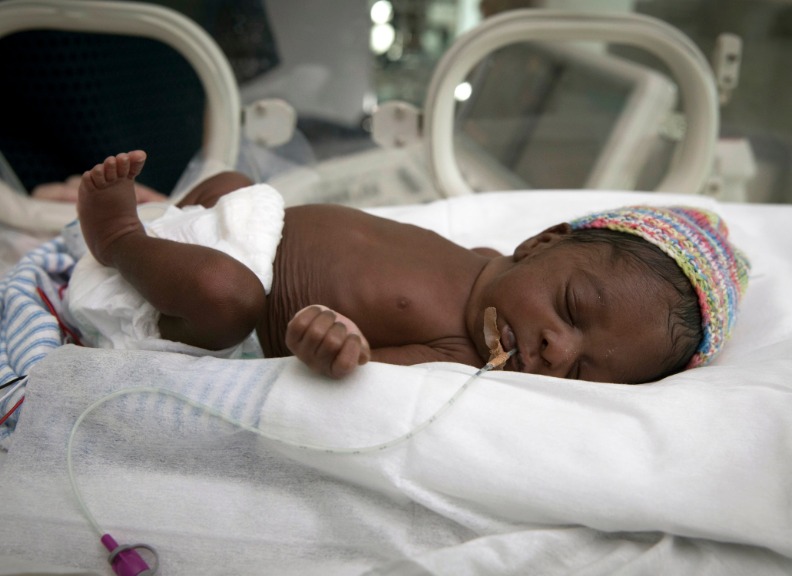
Obstetrics and Gynaecology
Improving women and infant health through world-leading research
UWA’s Division of Obstetrics and Gynaecology covers research embracing women’s health and the health of infants before, during and after birth. Our work looks at a range of reproductive health and birth issues, from prevention of pre-term birth, through to the prediction and prevention of perinatal congenital anomalies and the diagnosis and treatment of gynaecological cancers.
Obstetrics specialist areas:
- Developmental origins of child and adult disease
- Fetal medicine and surgery
- Prevention of preterm birth (The Whole Nine Months)
- Use of 'omics' to identify women at risk of developing pregnancy complications
- Inflammation-associated preterm labour
- Vaginal microbial health and its significance
- Drug administration, efficacy and safety in pregnancy
- Prenatal diagnosis
- Fetal health and disease using the sheep model
- Intrapartum care
- The microbiome in pregnancy and early life
Our research into gynaecology covers a range of specialist topics including fertility and menopause.
Gynaecology specialist areas:
- Gynaecological cancers
- Adolescent gynaecology
- Polycystic ovarian syndrome
- Reproductive endocrinology
- Surgical training
- Abnormal uterine bleeding
- Endometrial ablation
- Endometrial polyps and dysfunctional uterine bleeding
- Simulation training in obstetrics and gynaecology
Projects
- Traceback: Finding BRCA1 and BRCA2
-
The TRACEBACK research program aims to reduce the number of breast related cancers in Australia by identifying undiagnosed germline BRCA1/2 BRCA1 mutations in ovarian cancer patients who missed the opportunity for testing.
BRCA1/2 BRCA1 are inherited human genes that produce tumour suppressor proteins, and 14 per cent of ovarian cancer patients have these gene mutations.
UWA researchers hope to be able to detect these mutations in unaffected relatives for whom effective risk-reducing strategies, including preventative surgery, could be an option to reduce their chance of being effected by the cancer later in life.
- Blood-based biomarkers to predict recurrence in ovarian cancer
-
Recent evidence suggests that ovarian cancer survival is closely related to our immune systems. A declining anti-tumour immune response is associated with ovarian cancer recurrence following completion of initial treatment. There is currently a lack of ‘markers’ to predict recurrence and this study is focused on proteins called ‘tumour-antigen associated autoantibodies’ (TAAbs) and ‘cytokines’ that are produced by our immune systems to fight ovarian cancer.
We are investigating alterations in TAABs and cytokines from blood samples of patients with matched primary and recurrent ovarian cancers to better understand the role of the immune system in ovarian cancer recurrence and to find ways to develop new treatments.
- feMMe Trial
-
Our research came about when hospitals across Australia reported individual young women who, desperate to retain their fertility, were treated for uterine cancer with high doses of the hormone progesterone with great success.
Now, 180 women across Australia are getting involved in the feMMe Trial, to see whether this success can continue to be replicated in other women.
Women involved in the study are either young enough to still have children and want to retain fertility or have one or more other severe medical conditions, in addition to the endometrial cancer, that put them at high risk of undergoing surgery.
- Artificial wombs for premature babies
-
We are developing an artificial environment for preterm babies to continuing growing within. It will replicate the mother’s womb environment and we are currently testing the process on lambs. If successful, this research has the chance to save many babies’ lives.
- Infection, inflammation and pregnancy outcomes
-
Our research involves developing better ways to identify women at risk of preterm births, and researching the use of Cytokine suppressive anti-inflammatory drugs to reduce chances of inflammation that can bring on preterm labour. We have also identified a new antibiotic, called solithromycin, to treat perinatal infections.
- Optimising steroid use in pregnancy
-
Together with Cincinnati Children's Hospital in the United States and Tohoku University Hospital in Japan, we have shown that in preterm lambs, high-peak drug exposures do not contribute to the effectiveness of antennal steroids. Instead, the duration of low-concentration steroid exposure produces the best results in preterm lung maturation.
- The Western Australian Preterm Birth Prevention Initiative
-
As part of an outreach program to visit 500 healthcare workers and implement a public health campaign known as The Whole Nine Months, this program has worked to develop a dedicated Preterm Birth Prevention Clinic at King Edward Memorial Hospital. Through the campaign and the clinic, we are working to provide a space for further investigation and management of women at the highest risk of preterm deliveries.
- The Western Australian Pregnancy Biobank
-
The Western Australian Pregnancy Biobank (WAPB) project was created to form a repository of biological samples and associated clinical data from high-risk pregnancies. The database will be used to assist researchers to grow their knowledge and understanding of the causes of preterm birth, how to predict it, and effective treatment.
News
Improving antibiotic therapy decisions in newborns
Two landmark studies from an international research team have shed new light on antibiotic overuse in newborns, emphasising the need for better practices and interventions to minimise potential harm to babies’ developing microbiomes and future risks to their health.
Read moreStudy finds link between the migrant experience and birth outcomes
A study led by UWA has found migrant women who have spent a longer and more culturally immersive time in Australia are likely to experience some better birth outcomes than newer arrivals.
Read morePromising findings for anti-alcohol treatment in pregnancy
A study by researchers from The University of Western Australia and Telethon Kids Institute has found a medication that helps people refrain from drinking alcohol has shown no harmful effects during pregnancy in early stage trials.
Read more














































